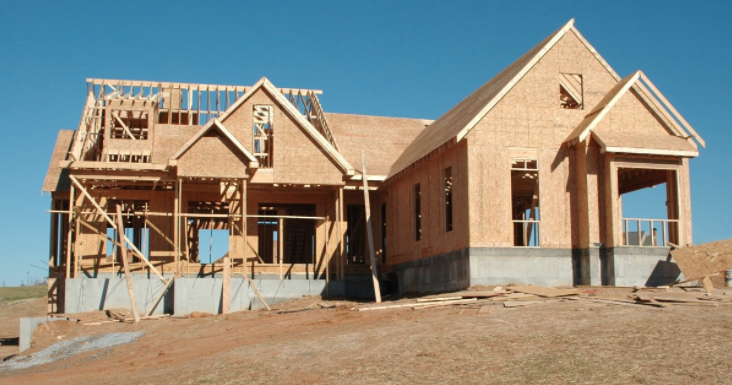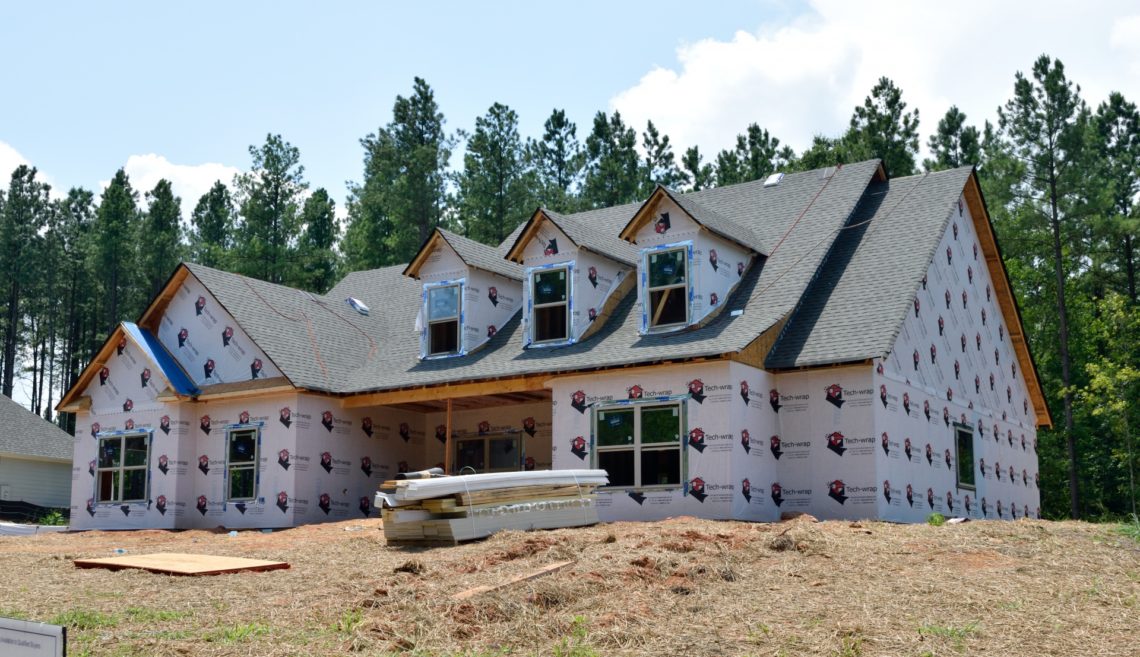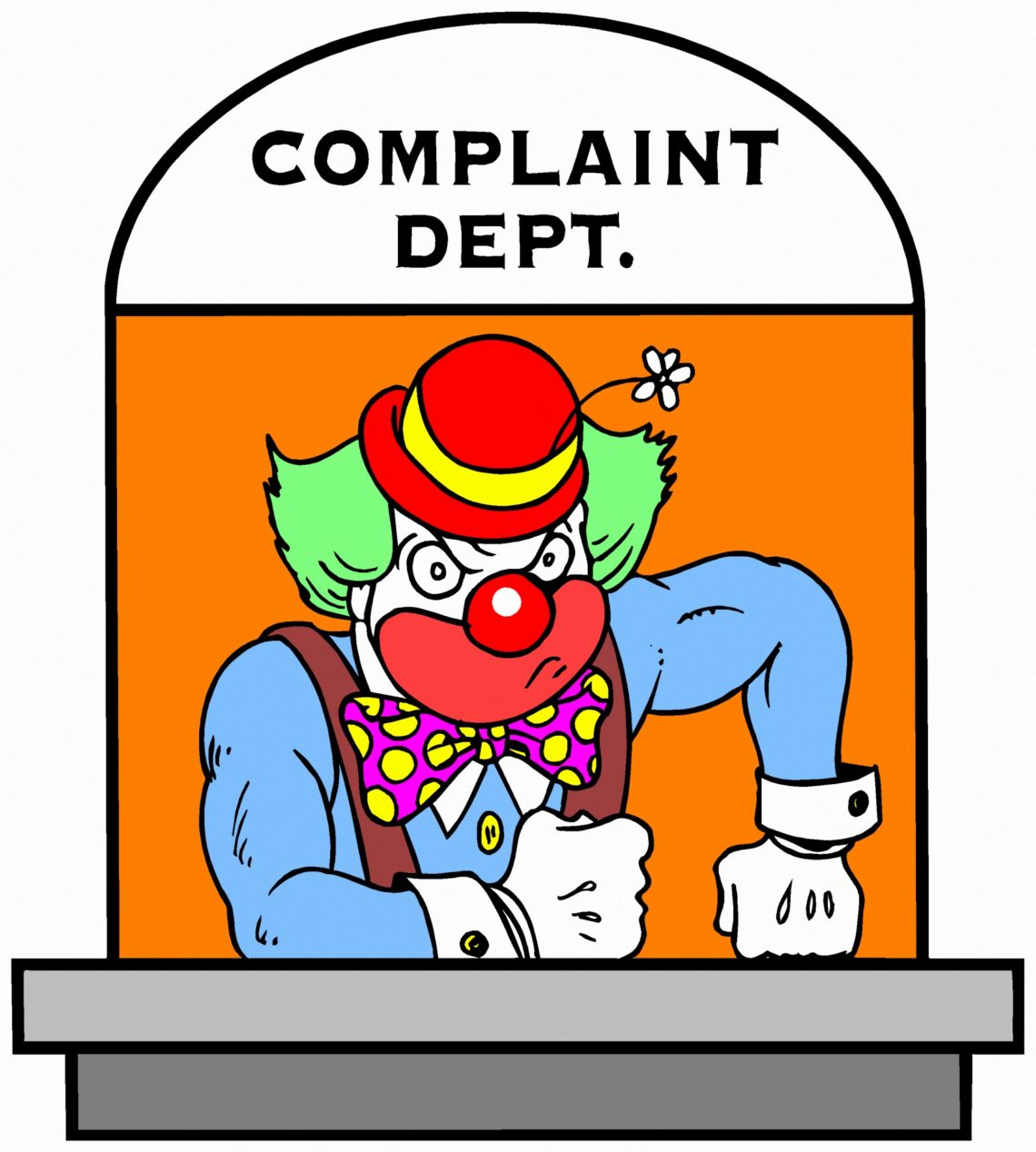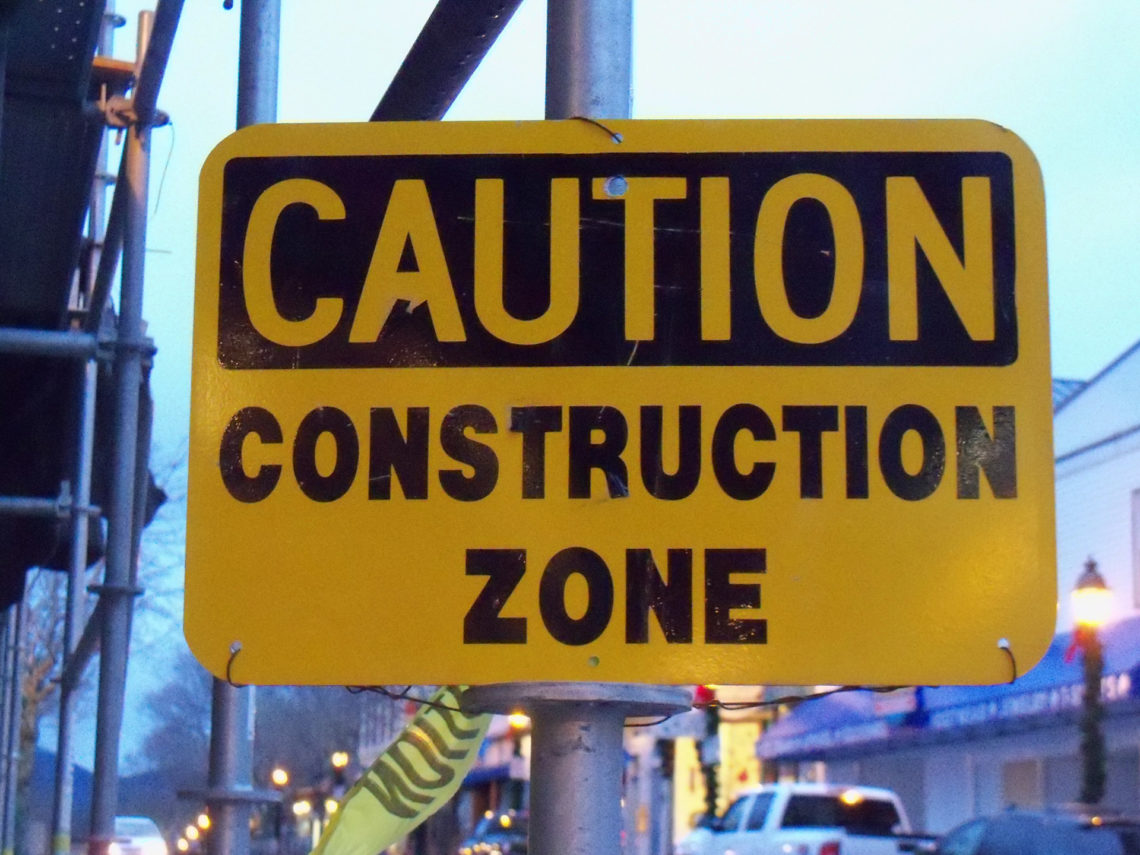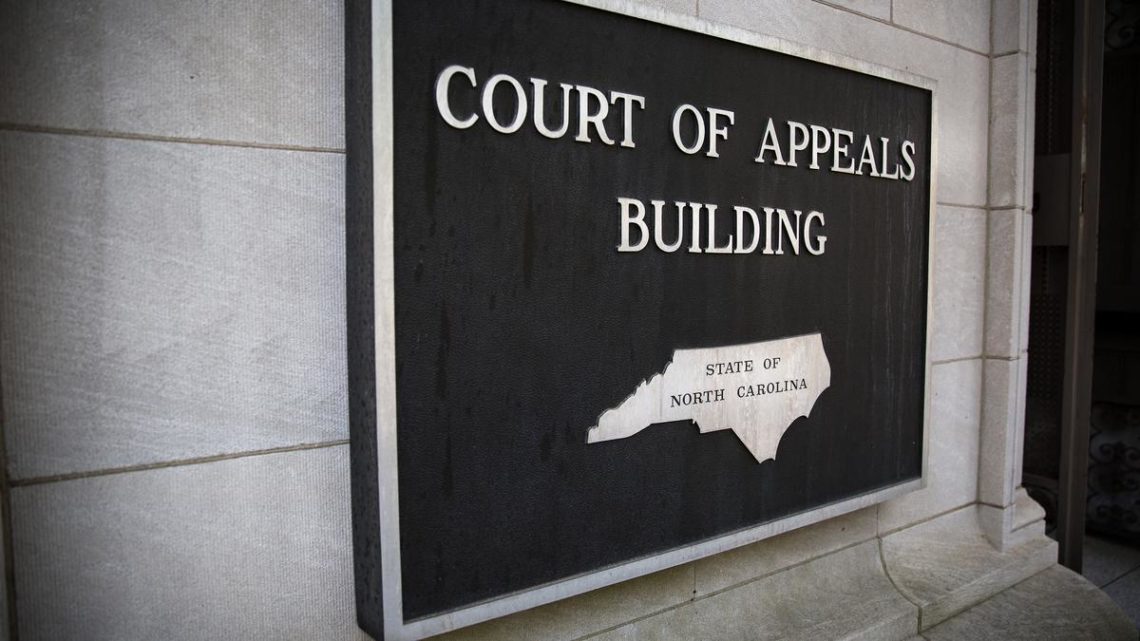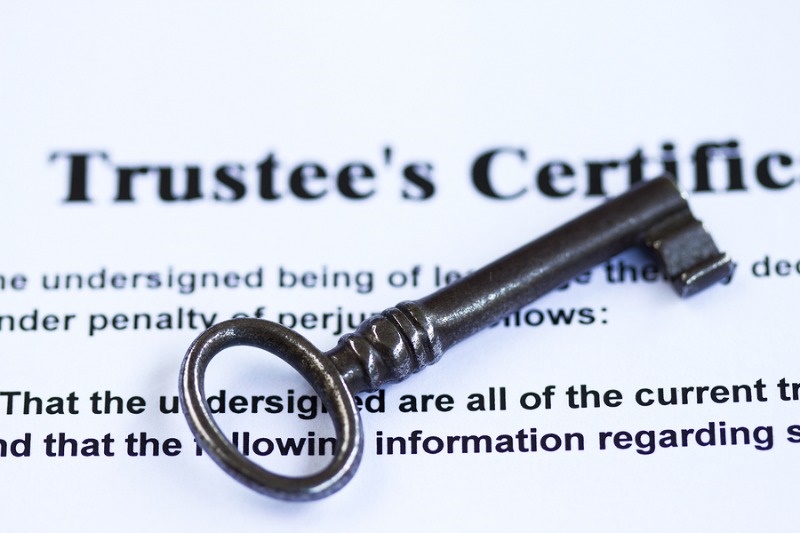PART 2 This article follows Lindley Law’s blog post on implied warranties in construction contracts. While the previous article focused on warranties protecting the purchaser, this article will focus on warranties protecting the general contractor and subcontractors. The Implied Warranties Protecting General Contractors and Subcontractors The Implied Warranty of Suitability of Plans and Specifications. In nearly all construction projects, someone other than the general contractor creates the plans and specifications for a construction project. This warranty assures the general contractor that the plans and specifications were created in accordance with a reasonable standard of care and are essentially free of design errors. The Smiths hire Not…
-
-
IMPLIED WARRANTIES IN NORTH CAROLINA CONSTRUCTION
PART 1 The construction industry is largely governed by contracts. Mr. and Mrs. Smith contract with Reputable Construction, LLC to build a single-family home. The rights and responsibilities of both parties are generally determined by the contents of the contract, as enforced by North Carolina law. The contract could include express warranties – specific stipulations providing an assurance of some particular item or service in relation to the contract. An express warranty could also be provided orally, in conversations between the Smiths and Reputable Construction. North Carolina also recognizes implied warranties in construction contracts – warranties neither explicitly included in the written contract nor orally discussed. Implied warranties…
-
FRAUD CLAIMS AND THE RULE 9 HEIGHTENED PLEADING STANDARD
What is Fraud? Fraud is broadly defined as an intentional misrepresentation or concealment of material fact made with intention and calculation to deceive, causing the other party to be deceived and, as a result, harmed. Elements In North Carolina, a civil claim of fraud has five essential elements. A false representation or concealment of material fact; Reasonably calculated to deceive; Made with the intent to deceive; Which does in fact deceive; and Resulting in damages to the party deceived. Rule 9 North Carolina is generally a notice pleading jurisdiction – if a Defendant is “on notice” of the facts in a complaint, and the…
-
A PRIMER ON CONSTRUCTION LIENS
What is a Construction Lien? The construction industry is largely governed by contracts. A property owner contracts with a general contractor to make improvements to the real property; the general contractor contracts with subcontractors to perform the various tasks required to make such improvements (e.g., grading, bricklaying, etc.); the general contractor and/or the subcontractors contract with suppliers to haul materials and equipment to and from the job site. A mechanics’ lien (or construction lien) provides any party involved in the improvement of the real property with a means of collecting payment. This means of collection exists in addition to other remedies, such as breach of contract. As a…
-
INTERPRETATION OF A WILL: WHAT DO PER CAPITA AND PER STIRPES MEAN?
The North Carolina Court of Appeals recently released an opinion in the matter Brawley v. Sherrill. The parties were disputing the interpretation of a will, which provided per capita distribution of estate assets to the testator’s children, but per stirpes distribution to her grandchildren. What do these terms mean, and how do they work together in the same estate plan? Per Capita and Per Stirpes Defined For estate plans, the term “surviving” identifies individuals who are alive at the time the testator (the individual leaving the Will) dies. A per capita distribution plan divides estate assets equally to surviving heirs at the level of descendancy stated in…
-
TENANCY AT WILL
Rent prices in Charlotte are increasing, and these increases often lead to an uptick in evictions, as more tenants are unable to make their monthly payments. In North Carolina, a landlord can evict a tenant through a process called summary ejectment. In a typical summary ejectment action, a landlord alleges a valid lease agreement with the tenant, and alleges the tenant has breached the terms of the lease agreement, most frequently by failing to pay rent. The court will review the lease agreement, determine if the tenant in fact breached its terms, and determine if the landlord followed the statutory and/or contractual requirements to notify the tenant of his breach. …
-
A MAJOR WIN ON APPEAL FOR A LINDLEY LAW CLIENT
Lindley Law represented the Plaintiff, DavFam, LLC (“DavFam”), in a matter initially before the court in 2016. After an unsuccessful appeal by the Defendant, and petition for discretionary review to the North Carolina Supreme Court, the trial court’s decision in favor of DavFam is affirmed and upheld. Congratulations to DavFam and Lindley Law for the victory! DavFam is a closely-held family entity, whose members are siblings, and which owns real estate across North Carolina. The Defendant is a sibling of the DavFam members, but he is not a member or manager in the LLC. Among the assets held by DavFam is real estate located in Alleghany County, North Carolina…
-
JEFFREY EPSTEIN TRUST
Millionaire financier Jeffrey Epstein killed himself on August 10, 2019 while in prison awaiting trial for charges including federal sex trafficking. Shortly before his death, Epstein signed a pour-over will placing approximately $577 million in assets into a trust. Many believe the creation of this trust was an attempt by Epstein to shield his vast wealth from civil lawsuits brought by his many accusers. What is a pour-over will, and will Epstein’s attempt prove successful? Pour-Over Wills Pour-over wills are common tools for estate planning. They are wills used in conjunction with a living trust. When a settlor (the creator of a trust) creates a living trust, certain…
-
NICHOLAS SPARKS SUED FOR DEFAMATION
Renowned author Nicholas Sparks is currently being sued by the former headmaster of the New Bern, North Carolina school founded by Sparks. Saul Benjamin alleges Sparks defamed him by telling parents of the students that Benjamin suffered from mental health problems. What is defamation, and how is it proved in court? (Benjamin also alleges Sparks violated the Americans with Disabilities Act, but analysis of this claim is outside the scope of this article.) Elements of Defamation Defamation is generally defined as a published, false statement that harms the reputation of the person(s) referenced in the statement. To establish a prima facie claim for defamation, a Plaintiff must…
-
UNJUST ENRICHMENT
Party A and Party B enter into a contract. Party A will perform a service for pay from Party B. Party A performs the agreed-upon services, but Party B refuses to pay. What happens? As most of us know, Party A can sue Party B for breaching the contract. But what happens if there is no contract? A common example is Party A and Party B execute a contract for Party A’s services in exchange for Party B’s payment. Party A performs the services and Party B provides timely payment in full. The Parties then execute a second contract for the same services in exchange for the same payment. …
